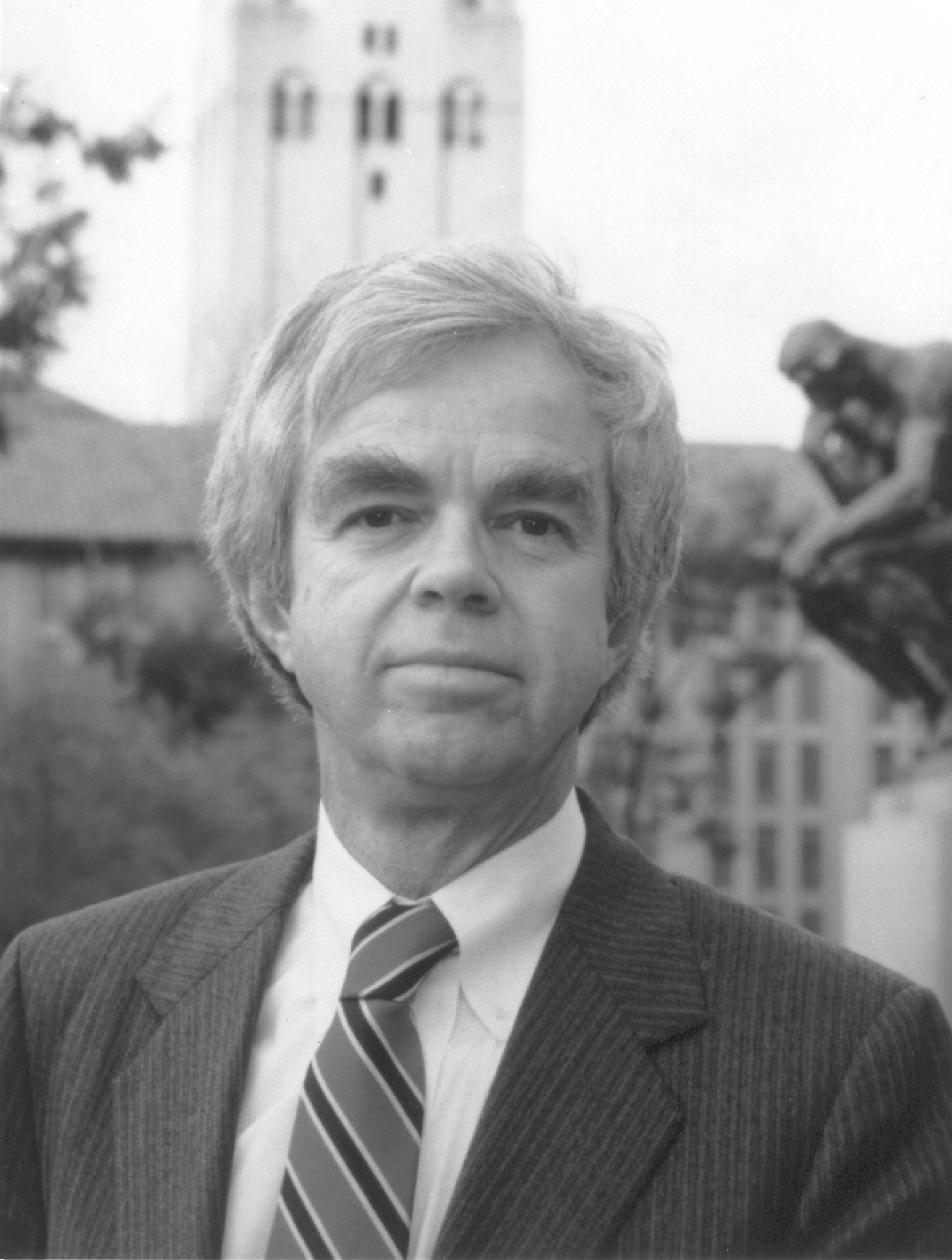
UPDATE BELOW
If you are an American male under age 67, you should take a moment and give thanks to Hoover Institution Senior Fellow Martin Anderson, who died on January 3. Why? Because he helped contribute to ending military conscription. Conscription ended on June 30, 1973. Until then, American men between age 18 and 26 were subject to it and boys younger than that had conscription to “look forward” to.
Marty was what we would now call a “policy entrepreneur.” He got into politics, not because he wanted power per se, but because he wanted to push a particular policy agenda. Number one on the agenda? Ending the U.S. military draft. He helped persuade Richard Nixon, then eyeing a Presidential run, to oppose the draft. Here’s what I wrote in my 2005 article “The Role of Economists in Ending the Draft,” Econ Journal Watch, August 2005:
One economist particularly worth noting is Martin Anderson, a long-time senior fellow at the Hoover Institution, who joined Richard Nixon’s campaign for president in 1967. Anderson wrote the anti-draft speech that Nixon gave on CBS radio during the 1968 election. As an adviser to President Nixon, Anderson helped choose the members of Nixon’s commission on the all-volunteer force. My educated guess is that without Anderson, the Commission would not have happened. And I’m quite confident that without Anderson, it would not have had, as members, so many prestigious economists.
I’ve known Martin Anderson since 1979, when I met him at the Hoover-Rochester Conference on the All-Volunteer Force. Later, I listened to hours of tape of the conference so that I could help Marty identify the various people speaking.
One of the things libertarians worry about is getting sullied if they get into government–forgetting their principles and forgetting what got them into politics in the first place. I’m sure that as an adviser to President Nixon and later to President Reagan, Marty made compromises. But in all the time I’ve known him, I never saw any evidence that he forgot the big picture. He and his assistant Doug Bandow, for example, were among the first employees of President Reagan’s campaign for president in 1979. They were both passionately against the draft and also against draft registration. In 1980, Jimmy Carter began draft registration again, after it had ended under President Ford. Anderson and Bandow made sure that President Reagan, in his acceptance speech for the nomination in 1980, came out against both the draft and draft registration. As Bandow explained it to me shortly after, they wanted to have it in the speech so that Reagan would have trouble continuing draft registration if elected. But in early January 1982, Reagan announced that he would keep draft registration. Within about a month, Marty announced his resignation from the Reagan administration.
UPDATE: Doug Bandow has an excellent tribute to Marty here.

READER COMMENTS
LD Bottorff
Jan 13 2015 at 4:19pm
Thanks for this post. I had always attributed the end of the draft to Milton Friedman’s influence, and I appreciate that you have set me straight.
For all our complaints about NSA, or the trials of getting through security at the airport, there is no limit on freedom quite so bad as being forced to serve in the military.
After the end of the draft, I joined the Navy. Many of the enlisted men were there because they had joined during the draft era. Joining the Navy seemed preferable to serving in the Army, but they didn’t really want to be there.
Thanks to all who helped end the draft.
David R. Henderson
Jan 13 2015 at 4:39pm
@LD Bottorff,
You’re welcome.
It’s never just one person. Milton had a huge role. It took many people. Read the piece I link to and you’ll see just how many.
Comments are closed.